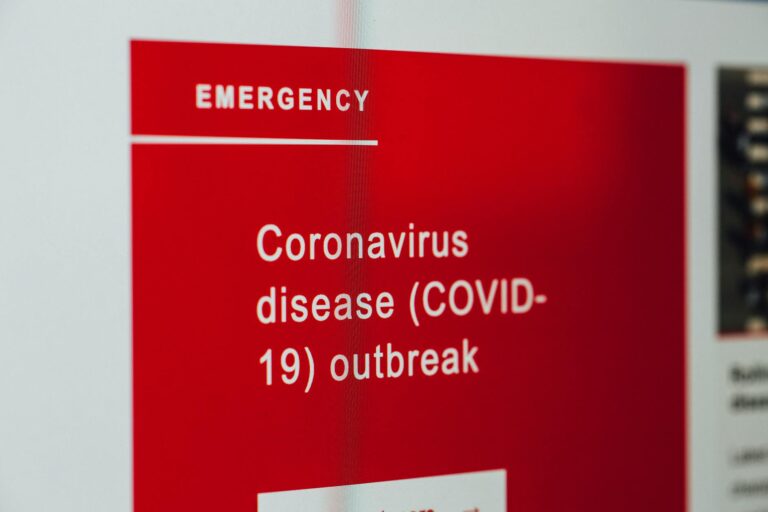Aspartame is a commonly used artificial sweetener found in many food and beverage products. It has been the subject of much controversy and debate over its safety and potential health effects. One of the concerns that have been raised is the link between aspartame and Alzheimer’s disease. In this article, we will explore the facts and myths surrounding this controversial topic.
Firstly, let’s understand what aspartame is. Aspartame is an artificial sweetener composed of two amino acids- aspartic acid and phenylalanine. It is about 200 times sweeter than sugar and is used as a sugar substitute in many diet sodas, sugar-free gums, and other low-calorie products. It was first discovered in 1965 and has been approved by the Food and Drug Administration (FDA) for use in food and beverages since 1981.
Now, let’s address the question at hand – is there a link between aspartame and Alzheimer’s disease?
The short answer is no. There is no scientific evidence to support the claim that aspartame causes or exacerbates Alzheimer’s disease. In fact, several studies have been conducted on this topic, and none of them have found a link between aspartame consumption and the development of Alzheimer’s disease.
One study published in the journal Nutrition Reviews analyzed data from various studies on the relationship between aspartame consumption and neurodegenerative diseases such as Alzheimer’s. The researchers concluded that there was no credible evidence to support the claim that aspartame increases the risk of Alzheimer’s disease.
Additionally, another study published in the Journal of Alzheimer’s Disease found no significant association between aspartame consumption and cognitive decline or dementia. The study followed over 3,000 adults for over ten years and found no evidence to support the claim that aspartame causes or contributes to Alzheimer’s disease.
Moreover, the European Food Safety Authority (EFSA) conducted a thorough review of the available scientific literature on aspartame and concluded that it is safe for human consumption, including pregnant women and children.
So, where did the belief that aspartame causes Alzheimer’s come from?
The origin of this myth can be traced back to a study conducted in the late 1990s that suggested a link between aspartame and brain tumors in rats. However, this study was later deemed unreliable due to several flaws in its methodology and was not supported by subsequent research.
Some people also cite anecdotal evidence, such as personal experiences or stories from friends and family, to support their belief that aspartame causes Alzheimer’s. However, anecdotal evidence is not considered scientifically valid and cannot be used to draw conclusions about cause and effect.
It is also worth noting that Alzheimer’s disease is a complex neurodegenerative disorder with various risk factors, such as genetics, age, and lifestyle choices. It is not caused by a single factor, and there is no known cure for it.
At this point, you might be wondering – if aspartame is safe, why is there still so much controversy around it?
The controversy surrounding aspartame is mainly due to misinformation and fear-mongering. Some individuals and organizations have spread false claims about its safety, leading to confusion and concern among consumers.
Another reason for the controversy is that aspartame is a chemical compound, and many people have a fear of consuming anything that is not natural. However, it is essential to understand that just because something is synthetic does not mean it is harmful. In fact, many naturally occurring substances can be toxic in high amounts, while some artificial compounds have been proven to be safe for consumption.
In conclusion, there is no scientific evidence to support the claim that aspartame causes or contributes to Alzheimer’s disease. It has been deemed safe for consumption by various health authorities, including the FDA and EFSA. It is essential to base our beliefs and decisions on reliable and credible scientific evidence rather than myths and anecdotes. As with any food or beverage, moderation is key, and individuals with specific health conditions should consult their healthcare provider before consuming aspartame or any other artificial sweetener.





